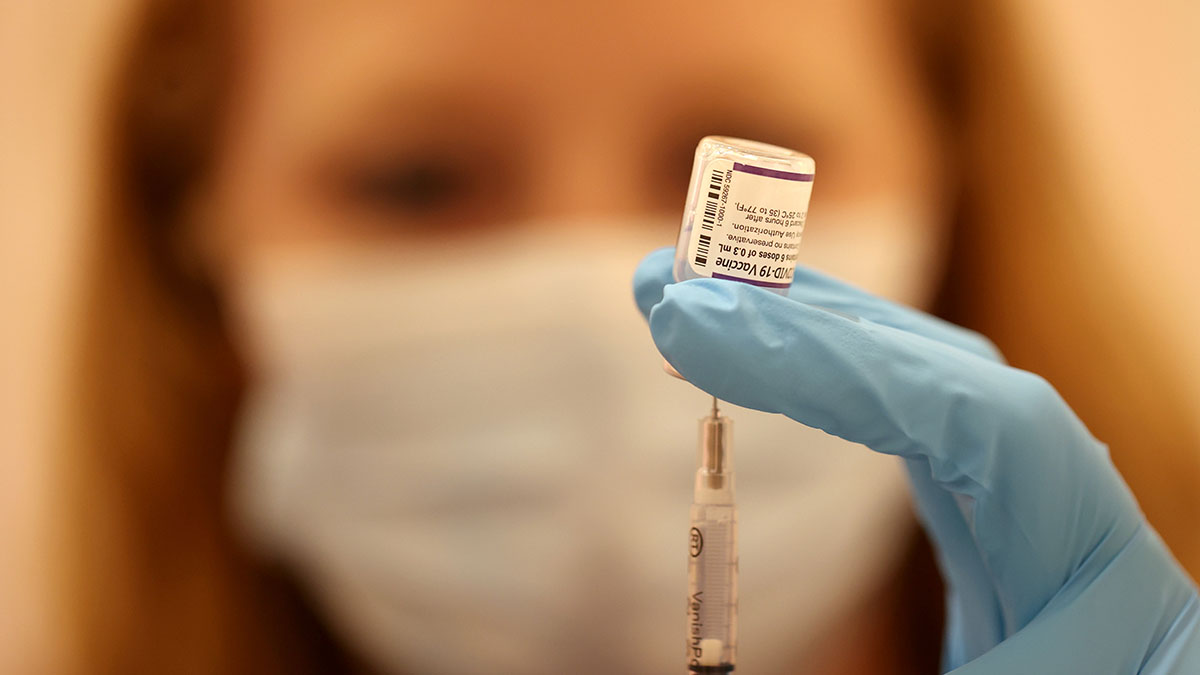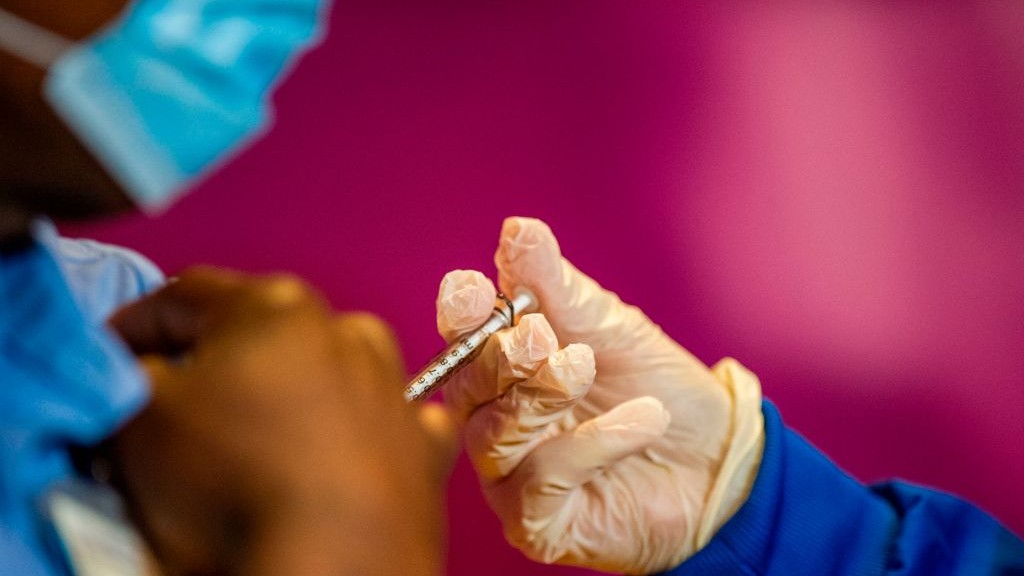Now that the Centers for Disease Control and Prevention gave new, 'bivalent' COVID booster shots their blessing, the vaccine, specifically targeting the highly contagious omicron subvariants, are on their way to Illinois and Chicago.
And that's good news, Chicago's top doctor says, for this winter and fall -- a time of year that has historically seen respiratory viruses surge.
Here's what you need to know about the coronavirus pandemic across Illinois today:
Omicron-Specific Booster Critical to Avoiding Fall Surge, Chicago's Top Doc Says
Feeling out of the loop? We'll catch you up on the Chicago news you need to know. Sign up for the weekly Chicago Catch-Up newsletter here.
In each of the last two winters, COVID cases and hospitalizations have dramatically spiked in the state of Illinois, and Chicago’s top doctor is warning that if uptake on a new booster vaccine is slow, then the city could potentially face a third consecutive year of surging cases.
Dr. Allison Arwady, commissioner of the Chicago Department of Public Health, pointed to the trends of the last two years when discussing the city’s preparations for the fall and winter, and she says changes in mitigating habits on the part of residents could potentially pave the way for another increase in cases later this year.
“In both of the last two winters we’ve had notable COVID surges during respiratory virus season,” she said. “We also as people have relaxed against COVID, and there’s less mask wearing broadly.”
This year, officials are hoping that new mitigations and treatment options will help prevent a similar surge. The FDA and CDC have both authorized new COVID vaccine boosters that were specifically formulated to fight back against omicron variants of the disease, and the wide availability of antivirals like Paxlovid have also given doctors hope that any increases in cases could potentially be turned back.
Read more here.
CDC Clears Reformulated COVID Shots Targeting Omicron in Time for School
The Centers for Disease Control and Prevention cleared reformulated Covid shots that target the latest omicron subvariants for the fall, making it possible for many people to get an extra booster within days.
The agency's independent committee on vaccines voted 13 to 1 earlier Thursday in favor of the shots after reviewing the available safety and effectiveness data over an almost seven-hour-long meeting. CDC Director Dr. Rochelle Walensky signed off on the shots a few hours later, clearing the way for pharmacies to soon start administering the shots.
Pfizer's omicron boosters were OKed for people ages 12 and older, while Moderna's updated shots were authorized for people ages 18 and older. The eligible age groups can receive the boosters at least two months after completing their primary series or their most recent booster with the old shots.
Read more here.
What's Behind That Sore Throat? How to Know if It's COVID, Allergies, Strep or More
Have a sore throat but aren't sure what's causing it?
There are several possibilities that could be behind the symptom, with things like COVID, allergies and strep throat all leading to similar symptoms.
Currently, allergy season is peaking in the Chicago area, bringing a rash of cold-like symptoms, with the peak expected to continue until the end of September for those particularly sensitive to ragweed.
Read more here.
When Will New COVID Booster Shots Be Available? One Thing Still Needs to Happen
The Food and Drug Administration on Wednesday authorized new COVID booster shots designed to target the omicron variant and its dominant BA.5 subvariant, but before shots can begin, there's still another step to complete.
The Centers for Disease Control and Prevention must recommend who should get the additional shot.
An influential CDC advisory panel will debate the evidence Thursday — including whether people at high risk from COVID-19 should go first. The CDC is expected to make its recommendation after the panel gives its thoughts.
Read more here.
What Makes New COVID Boosters Different From Previous Shots? Experts Explain
The Food and Drug Administration on Wednesday authorized new COVID booster shots known as a "bivalent" vaccines, what does that mean and how exactly are they different from previous COVID vaccines administered earlier in the pandemic?
Until now, COVID-19 vaccines have targeted the original coronavirus strain, even as wildly different mutants emerged. The new U.S. boosters are combination, or “bivalent,” shots. They contain half that original vaccine recipe and half protection against the newest omicron versions, called BA.4 and BA.5, that are considered the most contagious yet.
Read more here.
COVID Incubation Period Has Changed and Chicago's Top Doc Says That's 'Good News'
COVID's incubation period has changed with the BA.4 and BA.5 omicron subvariants and that's a good thing, Chicago's top doctor said.
During her Facebook Live last week, Chicago Department of Public Health Commissioner Dr. Allison Arwady reported that recent studies have shown the incubation period for COVID has dropped to three days with recent variants.
Read more here.



